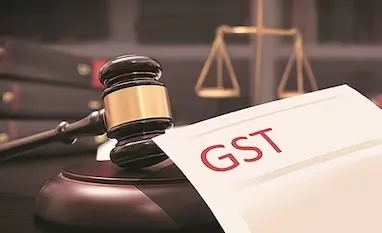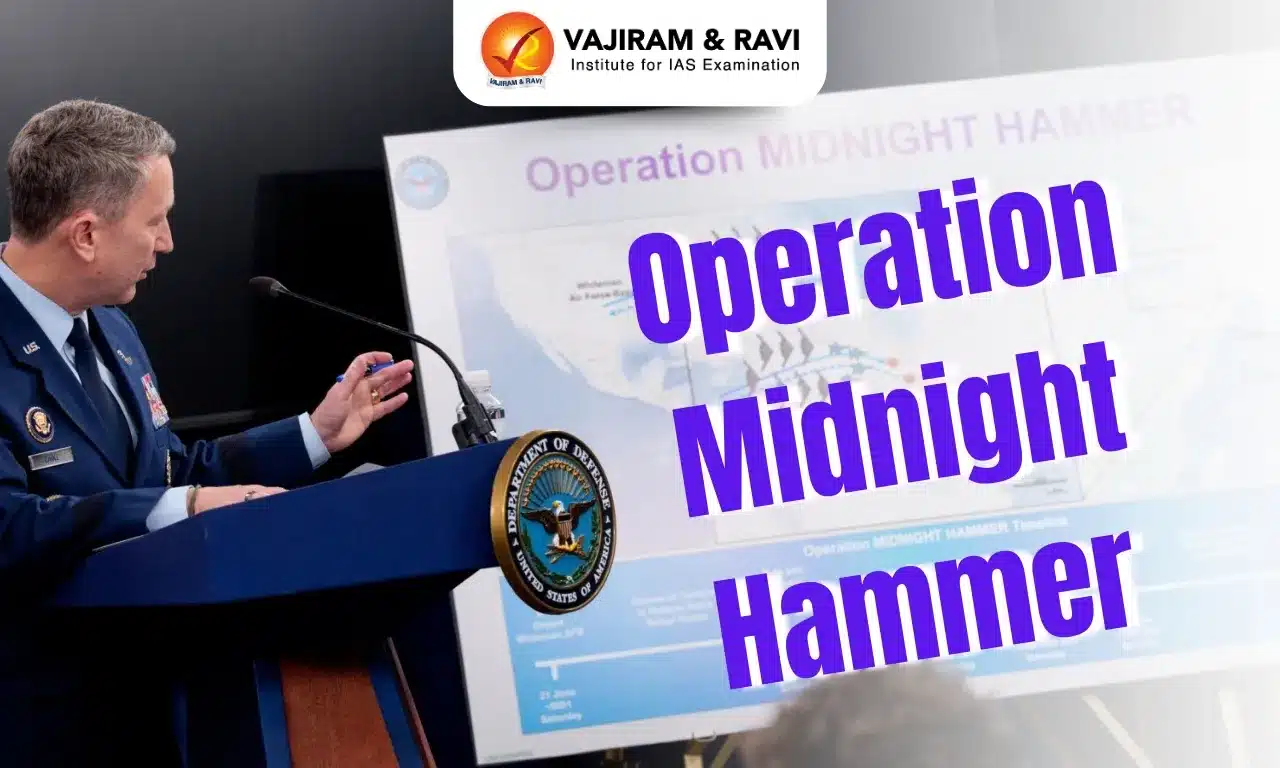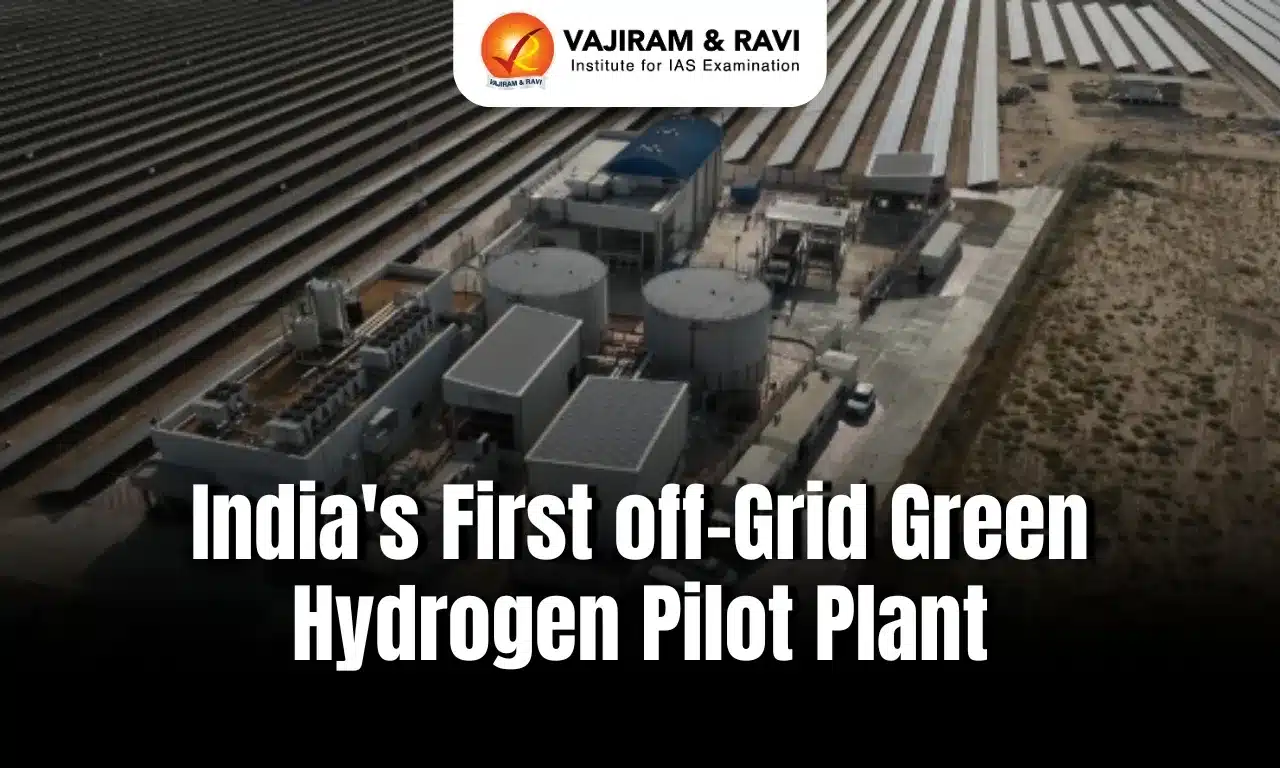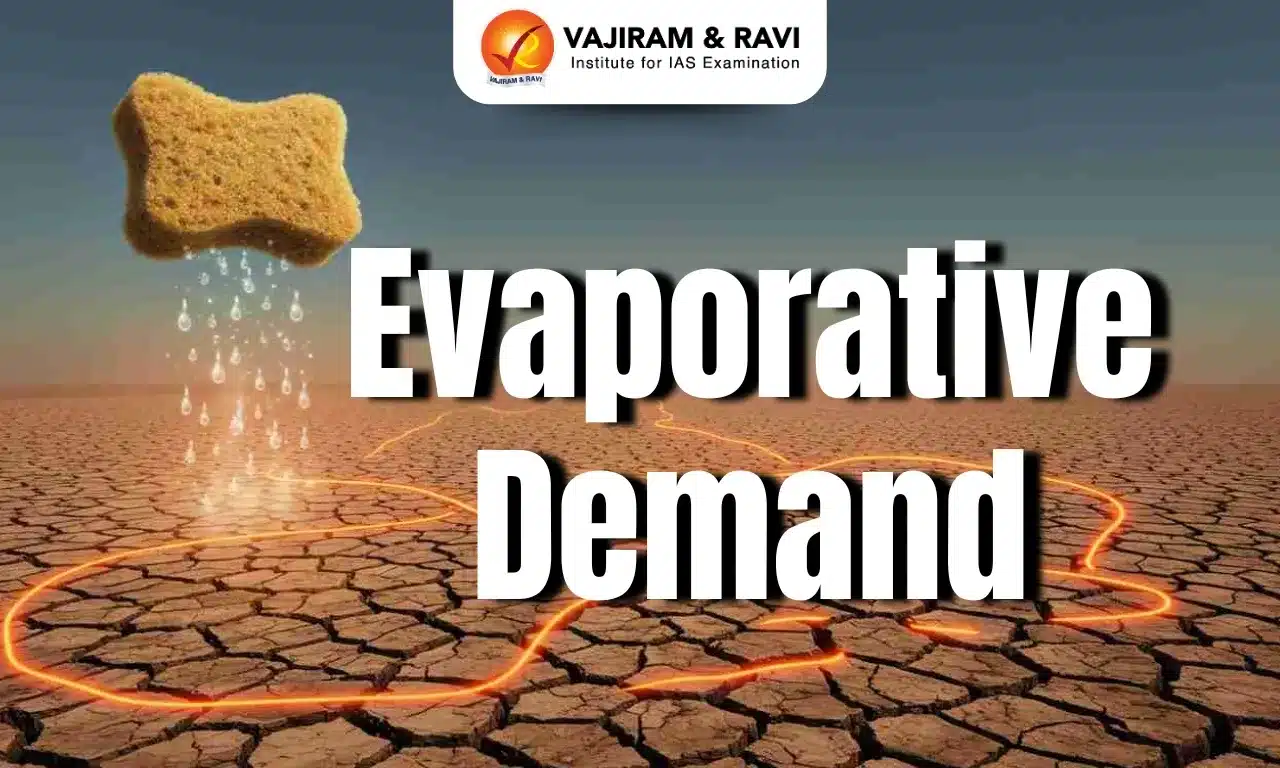About Goods and Services Tax Appellate Tribunal
- It represents a specialised authority formed to resolve GST-related disputes at the appellate level.
- It is established under the Central Goods and Services Tax Act, 2017 (CGST Act) to hear various appeals under the said Act and the respective State/UT GST Acts.
- It will have one Principal Bench located at Delhi and 31 State benches located at various locations across States.
- Composition
- It consists of the President (Head), a Judicial Member, and 2Technical Members (one from the state and another from the Centre).
- Further, there may be state benches consisting of two Judicial Members, a Technical Member (Centre) and a Technical Member (state).
- Eligibility
- The president must be a Supreme Court judge or have served the High Court as the Chief Justice.
- The Judicial member must be a High Court Judge or has served as an Additional District Judge or a District Judge for a period of 10 years.
- The Technical Member (Centre) must be an Indian Revenue Service member belonging to Group A or must be a member of All India Service with three years of experience in administering GST in the Central Government.
- Also, the Technical Member from the Centre should have completed twenty-five years in Group A services.
- The Technical Member (state) must be a state government officer or All India Service officer with the rank above Additional Commissioner of Value Added Tax; also, the rank should be above the First Appellate Authority.
- The Technical Member from the state must have completed twenty-five years in Group A Services or equivalent and three years administering GST or finance and taxation in the State Government.
- Age limit and Tenure: The president and judicial and technical members of GSTAT shall hold office for four years, or until he attains the age of 70 years and 67 years.
- It is equivalent to a Civil Court for trying a case. It can pass orders, hear cases, impose penalties, and revoke or cancel registrations.
Q1: What is Goods and Services Tax (GST)?
It is an indirect tax (not directly paid by customers to the government), that came into effect from 1 July 2017 through the implementation of the 101st Amendment to the Constitution of India by the Indian government.
Last updated on June, 2025
→ UPSC Notification 2025 was released on 22nd January 2025.
→ UPSC Prelims Result 2025 is out now for the CSE held on 25 May 2025.
→ UPSC Prelims Question Paper 2025 and Unofficial Prelims Answer Key 2025 are available now.
→ UPSC Calendar 2026 is released on 15th May, 2025.
→ The UPSC Vacancy 2025 were released 1129, out of which 979 were for UPSC CSE and remaining 150 are for UPSC IFoS.
→ UPSC Mains 2025 will be conducted on 22nd August 2025.
→ UPSC Prelims 2026 will be conducted on 24th May, 2026 & UPSC Mains 2026 will be conducted on 21st August 2026.
→ The UPSC Selection Process is of 3 stages-Prelims, Mains and Interview.
→ UPSC Result 2024 is released with latest UPSC Marksheet 2024. Check Now!
→ UPSC Toppers List 2024 is released now. Shakti Dubey is UPSC AIR 1 2024 Topper.
→ Also check Best IAS Coaching in Delhi
























